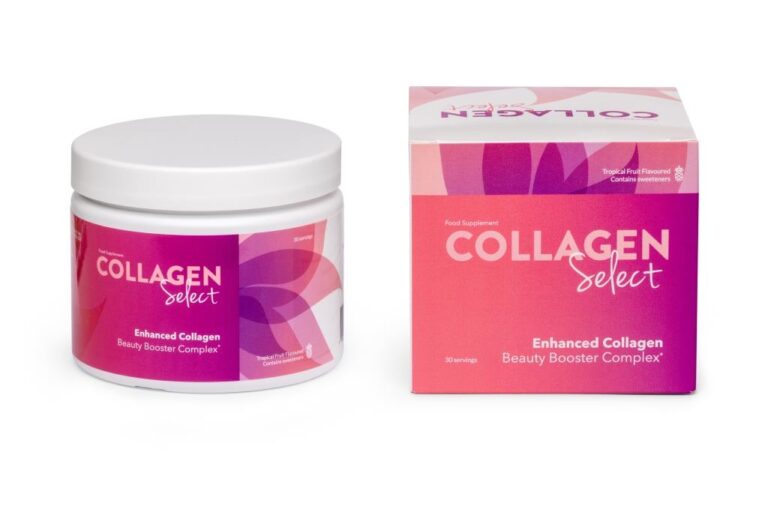Introduction
Detox diets have become a popular trend in the health and wellness industry, promising a myriad of benefits ranging from weight loss to improved vitality. Advocates claim these diets help rid the body of toxins, rejuvenate organs, and promote overall well-being. However, amidst the hype, questions linger about the effectiveness and safety of these regimens. In this comprehensive review, we delve into the science behind detox diets, separating fact from fiction to uncover the truth behind their efficacy and whether they are indeed a sustainable solution or merely a passing fad.
Understanding Detox Diets
Detox diets typically involve a period of fasting, followed by a strict regimen of consuming specific foods or beverages believed to eliminate toxins from the body. Common components of detox diets include water fasting, juice fasting, consumption of detoxifying drinks like lemon water or green tea, and exclusion of certain foods such as processed foods, sugar, caffeine, and alcohol.
Proponents of detox diets argue that modern lifestyles expose individuals to a plethora of toxins from environmental pollutants, processed foods, and stress, which can accumulate in the body over time and lead to various health issues. They believe that detox diets provide the body with an opportunity to cleanse and reset, thereby promoting better health and vitality.

The Effectiveness of Detox Diets: Separating Fact from Fiction
While detox diets may offer short-term benefits such as weight loss and increased energy, the scientific evidence supporting their long-term efficacy is lacking. Many of the perceived benefits attributed to detox diets can be attributed to calorie restriction, increased water intake, and the elimination of processed foods rather than the detoxification process itself.
- Weight Loss: Detox diets often lead to rapid weight loss, primarily due to calorie restriction and water loss rather than fat loss. Once normal eating habits are resumed, the lost weight is often regained, leading to a cycle of weight fluctuations rather than sustainable weight management.
- Improved Energy and Vitality: Advocates of detox diets claim that they can boost energy levels and promote overall vitality. While some individuals may experience a temporary surge in energy during the initial phase of a detox diet, this is likely attributed to increased hydration and reduced intake of processed foods rather than detoxification.
- Removal of Toxins: The concept of detox diets revolves around the idea of eliminating toxins from the body. However, the body has its own highly efficient detoxification mechanisms primarily carried out by the liver, kidneys, and lymphatic system. There is limited scientific evidence to suggest that detox diets significantly enhance these natural processes.
- Enhanced Mental Clarity: Proponents of detox diets often claim that they improve mental clarity and cognitive function. However, these subjective experiences are not supported by robust scientific evidence and may be influenced by factors such as placebo effects and temporary changes in diet.
The Risks and Drawbacks of Detox Diets
While detox diets may offer short-term benefits, they also pose potential risks and drawbacks that warrant consideration:
- Nutritional Deficiencies: Detox diets often restrict the intake of essential nutrients, vitamins, and minerals necessary for overall health and well-being. Prolonged adherence to detox diets can lead to nutrient deficiencies, compromising immune function, bone health, and metabolism.
- Disordered Eating Patterns: The restrictive nature of detox diets can promote unhealthy attitudes towards food and eating, potentially leading to disordered eating patterns such as binge eating or orthorexia nervosa—a fixation on consuming only “healthy” or “pure” foods.
- Dehydration: Many detox diets involve significant fluid loss through methods such as fasting or diuretic consumption, leading to dehydration. Dehydration can impair bodily functions and exacerbate existing health conditions, particularly in vulnerable populations such as the elderly or those with certain medical conditions.
- Negative Impact on Metabolism: Prolonged calorie restriction and fasting associated with detox diets can slow down metabolism, making it harder to maintain weight loss in the long run. Additionally, rapid weight loss can lead to muscle loss, further compromising metabolic health.
Conclusion: Rethinking Detox Diets
Detox diets have gained widespread popularity as a quick-fix solution for various health concerns, yet the scientific evidence supporting their efficacy remains inconclusive. While these diets may offer short-term benefits such as weight loss and increased energy, they also come with potential risks and drawbacks, including nutritional deficiencies, disordered eating patterns, dehydration, and negative impacts on metabolism.
Instead of relying on restrictive detox diets, adopting a balanced and sustainable approach to nutrition is key to promoting long-term health and well-being. Emphasizing whole, nutrient-dense foods, staying hydrated, engaging in regular physical activity, managing stress, and prioritizing adequate sleep are fundamental practices that support the body’s natural detoxification processes without resorting to extreme measures.
FAQs:
Q1: Are detox diets safe for everyone? A1: Detox diets may not be suitable for everyone, especially pregnant or breastfeeding women, individuals with certain medical conditions such as diabetes or kidney disease, and those with a history of disordered eating. It’s essential to consult with a healthcare professional before embarking on any detox regimen.
Q2: Do detox diets help eliminate toxins from the body? A2: While detox diets claim to eliminate toxins from the body, the scientific evidence supporting this notion is limited. The body has its own efficient detoxification mechanisms primarily carried out by the liver, kidneys, and lymphatic system.
Q3: Can detox diets lead to long-term weight loss? A3: While detox diets may result in short-term weight loss, the lost weight is often regained once normal eating habits are resumed. Sustainable weight management is best achieved through a balanced diet and regular physical activity rather than quick-fix detox regimens.
Q4: What are some alternatives to detox diets for promoting overall health? A4: Instead of relying on detox diets, focus on adopting balanced and varied diet rich in whole, nutrient-dense foods such as fruits, vegetables, lean proteins, and healthy fats. Additionally, prioritize hydration, regular physical activity, stress management, and adequate sleep to support overall health and well-being.




